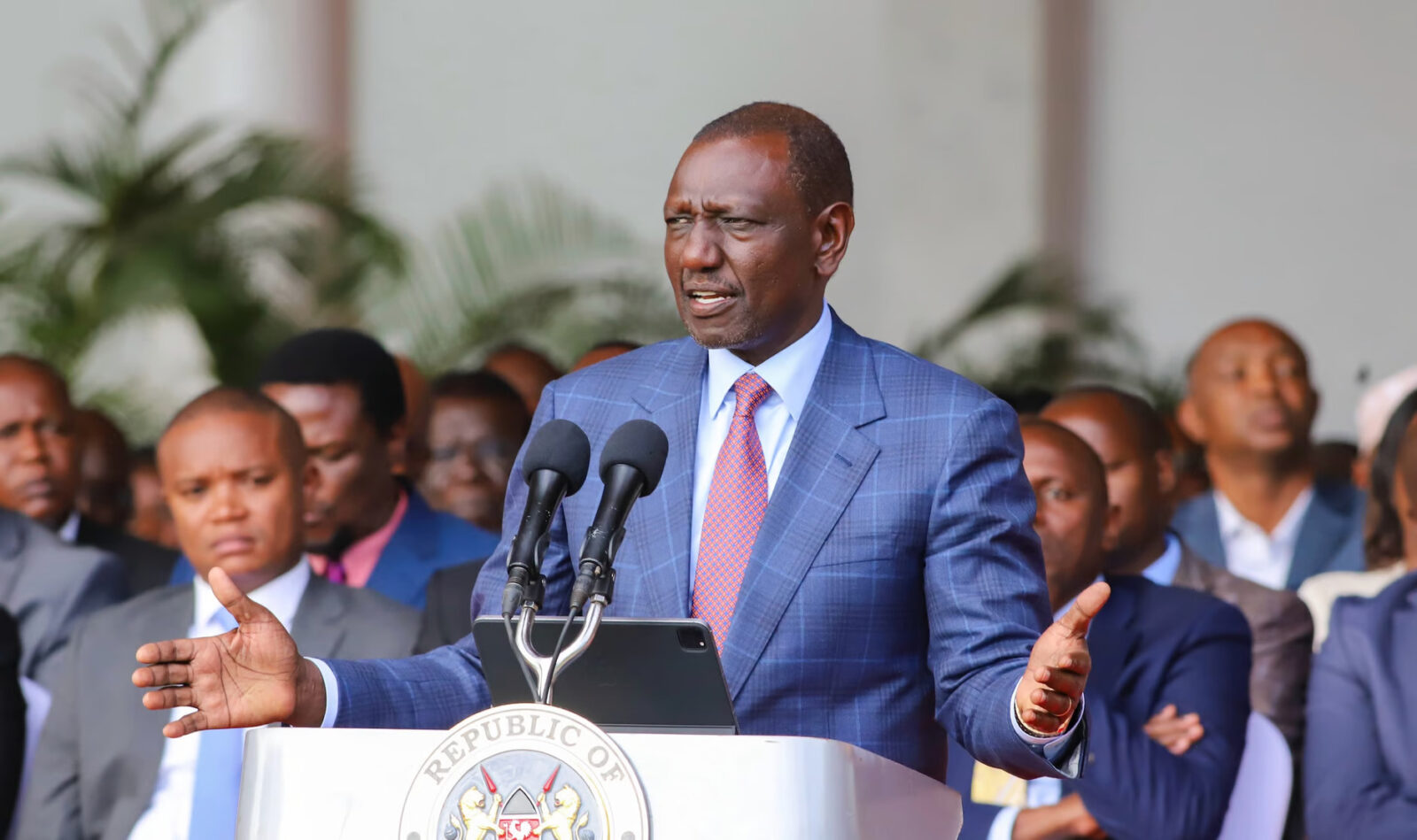Kenyan President William Ruto announced on Wednesday a reversal of his administration’s plans to implement tax increases, responding to widespread public opposition and deadly protests. The decision marks a significant shift following intense criticism and unrest triggered by the proposed measures aimed at generating $2.3 billion in new revenue.
Victory for Protest Movement
The decision is seen as a victory for a youth-led protest movement that emerged just a week ago, initially as online dissent against the tax hikes. The movement quickly escalated to large-scale demonstrations demanding broader political reforms. At least 23 deaths were reported amid clashes between protesters and security forces.
President’s Address and Concession
In a televised address to lawmakers, President Ruto acknowledged the public outcry, stating, “Listening keenly to the people of Kenya who have said loudly that they want nothing to do with this finance bill 2024, I concede.” He declared his intention not to sign the bill, effectively withdrawing it from consideration.
Government’s Initial Response and Shift
Initially, President Ruto had deployed military forces to suppress the nationwide protests, characterizing them as threats to national security. However, the administration‘s stance evolved in response to mounting pressure and escalating violence.
Calls for Further Action
Despite the President’s concession, some protesters continued to plan rallies, demanding Ruto’s resignation and further political reforms. Vice President Rigathi Gachagua criticized the government‘s handling of the crisis, particularly the intelligence services, and called for accountability.
Economic and Political Context
The proposed tax increases were intended to bolster state finances, manage Kenya‘s high debt levels, and secure additional financing from international entities like the International Monetary Fund (IMF).
The events underscore a significant political challenge for President Ruto, marking one of the most severe crises during his two-year tenure. The ongoing protests reflect deep-seated public dissatisfaction with economic policies and governance, highlighting broader societal tensions in Kenya.



















Leave a Reply